Social media makes us more lonely, but it's still not clear why
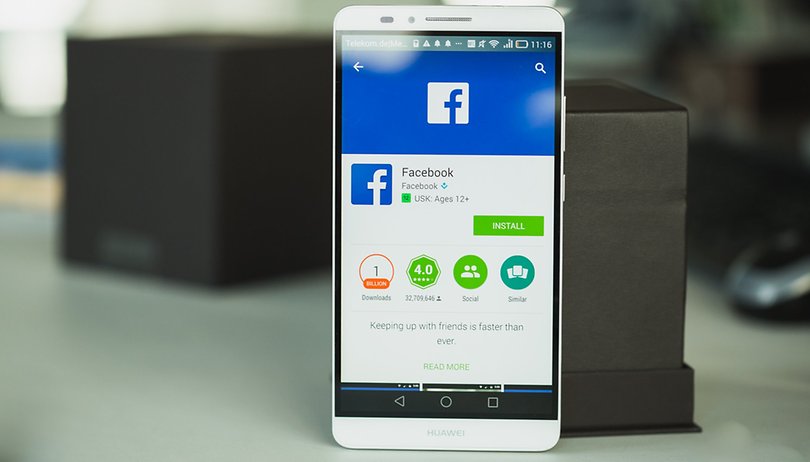

For many of us, social media is a big part of daily life. It can be the main way we perceive the lives of people around us. But evidence increasingly links social media use to feelings of loneliness and other negative emotions, and many users are aware of this. So why are we addicted to something that hurts us?
Ok, I'll admit it. The above question will likely be wrestled within stories, studies and songs for as long as human history. But as someone who's watched social media grow from a niche corner of the internet to the worldwide shared space it is today, it feels like we've reached a critical saturation point where we've got to grapple with hard questions about its effects on all of us. Could it go the way of smoking and radon?
Just like with alcohol and sugar, calls for moderation from health advocacy groups have been getting louder and are now adopted by big tech companies themselves. Apple and Google are rolling out digital well-being tools to help you set limitations on your own use. Facebook itself promised in-app screen time limits, but hasn't actually rolled these out. So will we feel better if we just use social media less? According to recent research, it could be that simple.
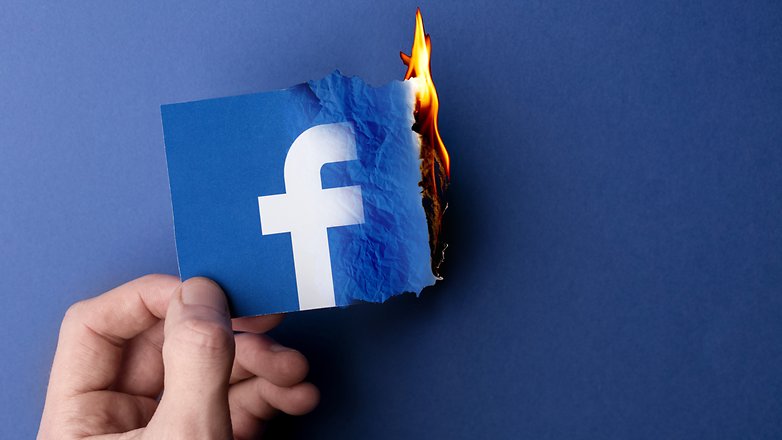
Recently, The Verge highlighted a new study titled "No more FOMO: Limiting social media decreases loneliness and depression" to be published in the December edition of the Journal of Social and Clinical Psychology. The study monitored well-being among a selection of students, half of which had their social media use reduced, and half assigned to a control group that kept up a normal level of social media activity.
The study concludes:
The results from our experiment strongly suggest that limiting social media usage does have a direct and positive impact on subjective well-being over time, especially with respect to decreasing loneliness and depression. That is, ours is the first study to establish a clear causal link between decreasing social media use, and improvements in loneliness and depression. It is ironic, but perhaps not surprising, that reducing social media, which promised to help us connect with others, actually helps people feel less lonely and depressed.
The results effectively confirm something that we've all long suspected. It's even admitted by Facebook itself. Since the negative effect of social media seems to be a given, The Verge goes on to conclude that the next question should be to figure out why social media makes us feel so far. Like many social media users, I have a few pet theories I'd like to offer up for discussion.
Quality and quantity
The company line from big tech is nudging us towards spending less time on social media, but engaging more. Facebook's attempted pivot from being mainly a way to consume news back towards encouraging users to actively comment and post more with friends and family.
Of course, this idea that we need to engage more on the Facebook misery-machine is exactly what you'd expect them to say. Personally, I'm not so inclined to trust those who shepherded us into this anhedonic trap in the first place to be the ones to lead us out. They may want to tweak the machine so that we don't burn out on it, but ultimately, they want to keep us running on that wheel, albeit with a few more breaks to stretch our legs.
I'm also not convinced the answer is that we're using social media wrong. Rather, I think a lot of it has to do with the people on it. That is, everybody.
Connection is only good up to a certain point
Online communities on the internet of yesteryear such as Usenet and forums brought people together, but they were a scattered group of islands, usually focusing around a specific interest, be it in computers, an academic discipline, hobbies, a tv show or even a sexual fetish. Users didn't present their real identities and trust in these communities was earned through one's behavior and controlled by real human moderators rather than algorithms.
I'm not saying that these small communities were perfect, you had a lot of toxic behavior even then. In fact, all the worst practices of trolling got their start earlier. But it was easier to manage, and it felt safer, because at the end of the day, these people didn't know who you were and if you didn't like one forum, you could find another with a new name and start over.
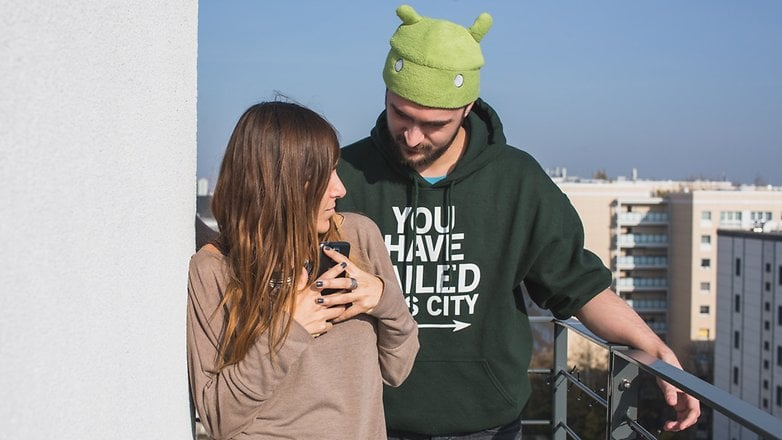
Facebook itself started as a limited social network for college kids, in a form that would be barely recognizable today. The smaller networks based around real-life nodes of interaction (your dorm, your course, social clubs, etc.) had a vastly different feel from Facebook nowadays.
Online communities started out as small villages compared to the hugely populated mega-cities that Facebook and Twitter represent now. Where before you'd be communicating with your clique or your peers, now the whole world is potentially watching, listening, and commenting on what you do. What's worse, on Facebook, you're supposed to be you, with your real name and face up there, being judged. Even if you're not using your real name, chances are you've leaked out enough information online for someone to find it out.
Even the nicest among us aren't going to get along with everyone in the world, and if, for example, you don't want to post publicly on a discussion on your friend's status because you know their racist uncle is going to weigh in and harass you, I'm wouldn't blame you. Connection brings conflict as well as support, and on a social media site where so many strangers are watching and commenting, you don't always know what you're going to get.
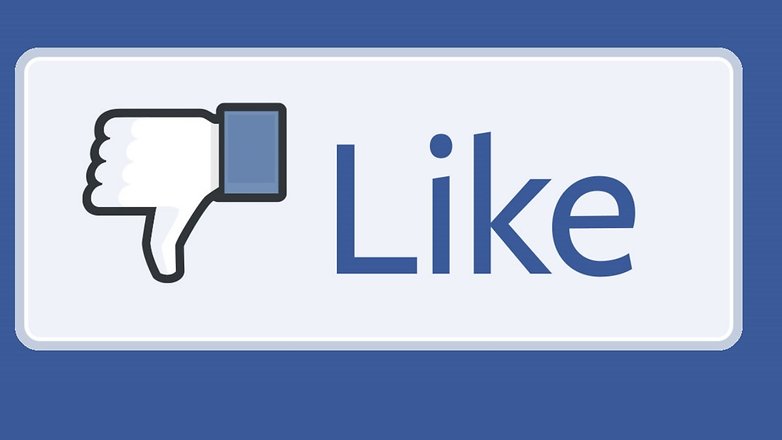
Tech companies are always going to push the beauty of connection, connection, connection while forgetting that humans also need intimacy and privacy. But in the digital economy, connection and attention is data, it's currency. If you stop seeking attention, you're not making money. On social media, our mental reward systems are gamified...getting more likes, having our posts go viral, etc. is rewarded and makes us feel good but ultimately turns us into more valuable commodities.
On modern social media, and especially on Facebook/Instagram, the inventive online personas of old have given way to the curated self...us, but better. Prettier, happier, wealthier. Don't show weakness, because there are sharks swimming in those deep waters. But in real life, our most treasured personal connections are often those with whom we can trust to be weak, to be vulnerable, and weird.
Promised connection, friendship and admiration and instead facing pressure, competition and judgement? Is it any wonder then, that alienation ensues?
Free services, unfree psyches
So back to the classic question of self-destruction at the beginning of the article: "why are we addicted to something that hurts us?" For some, the simple small doses of validation from 'likes' on social media may keep them coming back, but there's also another thing: the irresistible lure of free stuff, and convenience.
It's the insidious model of modern tech 'services' to offer themselves for free and farm customers down the line, from Facebook to free mobile games. You can, of course, simply call up all your friends and family on the phone or use SMS, but that'll cost you, so why not do it for free on social media? Plus, so much of modern communication is visual: photos, memes, videos. Do you want to send it 20 times to each friend? On each of their preferred messenger apps? Or just post it on the big social media sites?
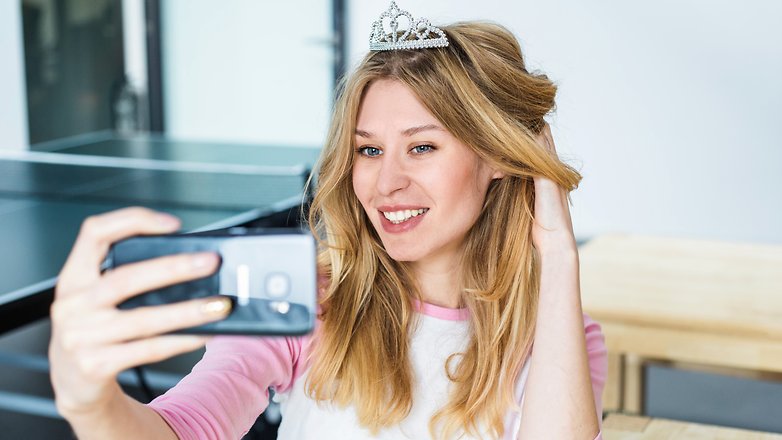
Personally, I still find Facebook, for example, a good way to keep up on the overwhelming amount of cultural events happening in the big city, but I'm also one of those people who's given up on discussing anything personal on the site. It's become a glorified calendar app. This is the opposite of the kind of quality engagement Facebook wants from its users, but I find I'm much happier with it. Go figure.
When you use social media less, the chances are that you're doing something solitary but rewarding (picking up a book, watching a good movie, exercising or just contemplating) or some face-to-face social activity. Stuff that actually makes you happy and isn't pressing your buttons to maximize 'engagement'. Like with alcohol and sugary sweets, some of us will stay fine with moderation, others may feel that abstinence works best for them.
Whatever your method, don't ever feel bad about disconnecting! Science is on your side, and your real friends will be, too.
Have you ever consciously cut down on social media? Did it change how you felt about yourself?
Via: The Verge Source: Original study at Guildford Journals






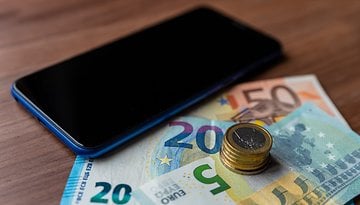
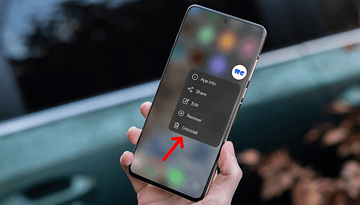


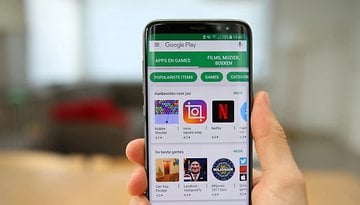
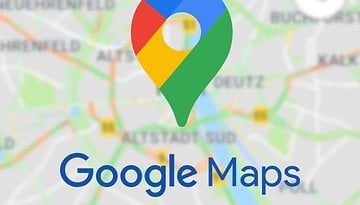

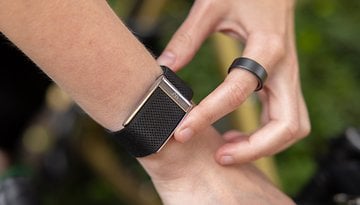

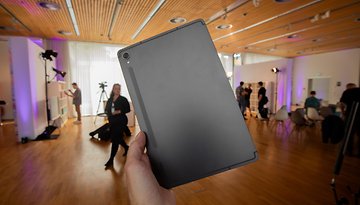




Though I don't subscribe to the addiction concept, I think there's a lot of validity to this article. Some people on Facebook admit they are there because of loneliness and presume that all of us are there because we are lonely. I think many people are just there to keep in touch with family and friends who live far away. However, in my observation, that only goes so far and many of the people we interact with are people we have never met. This goes along with your Usenet analogy that we bond with strangers over niche common interests in which we may not find local connections.
I also agree with your comment that these old school connections were of higher quality. I've observed several of the tech giants, i.e. ebay, Yahoo, and Google go from where they were high quality organizations when they were small and run by techies, but once they grew and became big business things started to sour. I joined ebay in 1997. Back then the marketplace was small, and my main interaction was looking for Atari computer gear and components. Back then there was no concern over being ripped off because you were among your own kind with the same interests. Now, last month ebay ripped me off by refunding a buyer 5 days before the item arrived, and refuses to return my funds to me after delivery. My experience with ebay, Paypal, Facebook, and Google are always all the bureaucratic wrong answers, and I'm sick and tired of it.
I also agree with your comment about connection and conflict. I've learned that I have to ignore Facebook notifications on responses to any of my comments that have a potential of getting an irate response during the evening, otherwise I'll get stressed out and be unable to sleep.
But I particularly agree with your comment that on Facebook we expect connection. I think a lot of the frustration and tendency to feel lonely or dissatisfied with the Facebook experience is that when we are in the mood to find someone to interact with, we either don't see any worthwhile posts or even if we do manage to interact with someone, we come away feeling dissatisfied because the quality of distant connection isn't equal to the quality of in person social life. I think this is lesser when connecting online with someone who has a physical presence in your life, but I think putting hopes on social satisfaction with someone you will likely never meet is setting yourself up for disappointment.
Nice information.
I think it's known why, it's the perpetuation and amplification of your junior year in high school.